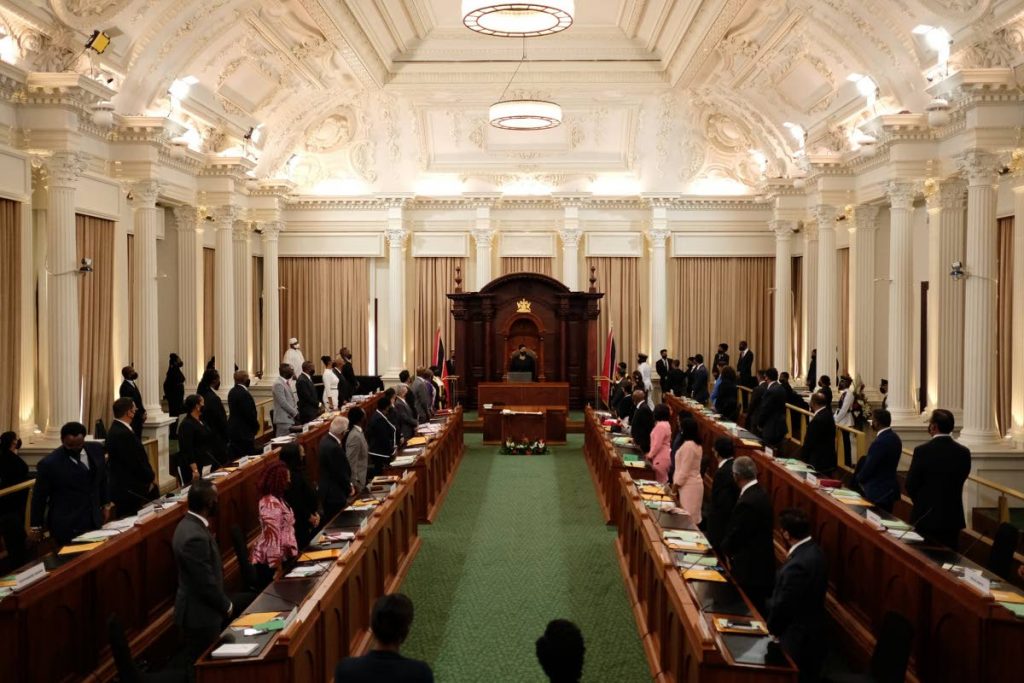Sensible call for service commissions reform

In calling for an update of the Constitution and a reform of the service commissions, Senator Anthony Vieira declared the existing conditions for the management of the public service dysfunctional.
That's no surprise to any member of the public who has dealt with the public sector.
Mr Vieira had significant support for his suggestion.
Senator Paula Gopee-Scoon suggested legislation and enforcement to build pride in the public service.
Independent Senator Amrita Deonarine called for a better match between the public's need for services and the public sector's capacity to supply it.
Dr Amery Browne bemoaned systems that were "archaic, deficient, slow and in need of improvement."
The debate on the topic on Tuesday in the Senate was not about whether there was a need for change, then, but about where to start.
Efforts over the years at modernising the public service through training and systems reorientation have met with a lethal mix of institutional resistance and spotty political enthusiasm.
It's no secret that the government is the largest single employer in the country and that's resulted in a sprawling bureaucracy that is deeply invested in its own continuance.
Independent Senator Varma Deyalsingh called for the retention and perhaps reinforcement of safeguards that protect the sector from "political influence, patronage and discrimination."
The rise in contract workers within the public service might be interpreted as a consequence of the volatility of the election process, introduced to cycle more party loyalists temporarily into the public sector, allowing the governing political directorate more influence in the engines of execution of state power.
The public service has been incrementally remodelled from an executor of political strategy into a political tool through mass employment, the implied loyalty of those it brings into its salaried positions and enabling the agendas of successive governments, sometimes even when that means bending or sidestepping the rules.
Ministers have also become more hands-on in the operations of the public sector through an interpretation of Section 85(1) of the Constitution, which grants ministerial "general direction and control" over the department of government guided by that ministry, limited only by "the supervision of a Permanent Secretary."
The scope of both that general direction and control, as well as the limits of the supervisory capacity of the permanent secretary, have been regularly tested by all recent administrations.
The service commissions are meant to provide a regulatory capacity within this tension, ensuring greater independence and adherence to both law and regulations in the execution of public-sector duties.
There are more than 60,000 civil servants working in a public sector that is understaffed.
Nobody is happy with how the system operates, not public servants, not ministers and certainly not the public.
It's time for not just reform, but rethinking what the government should be responsible for and what should, more sensibly, be the business of business.


Comments
"Sensible call for service commissions reform"